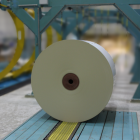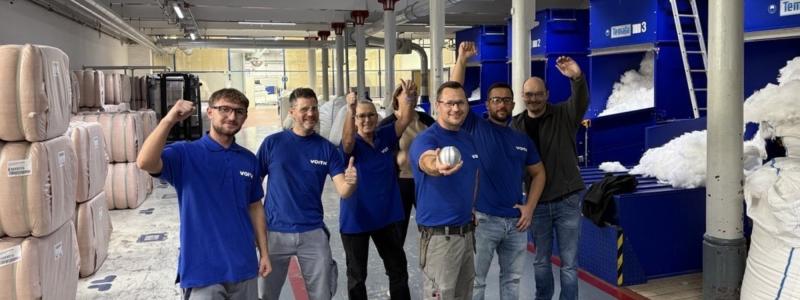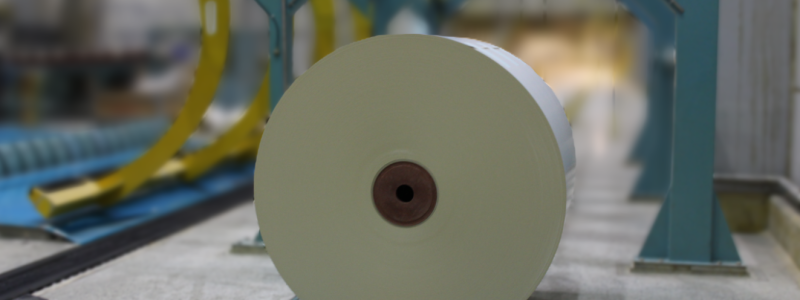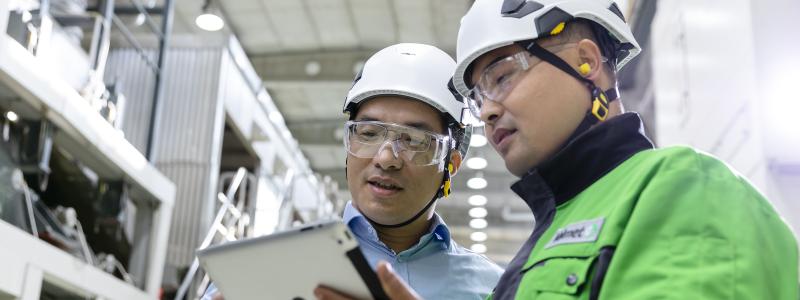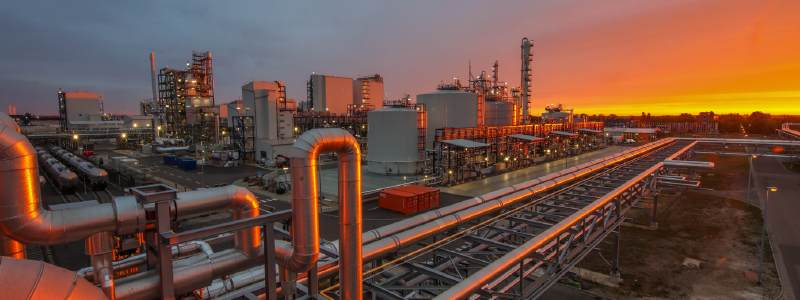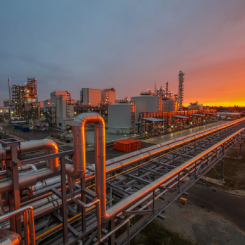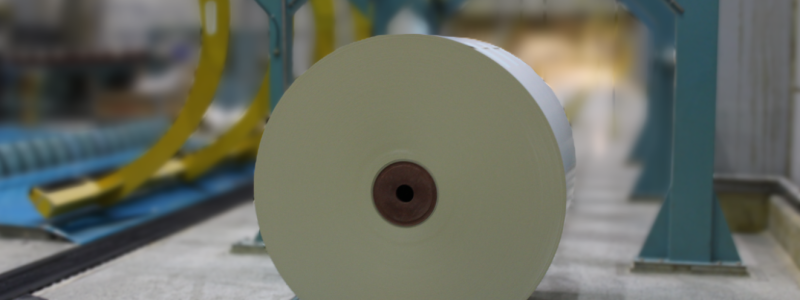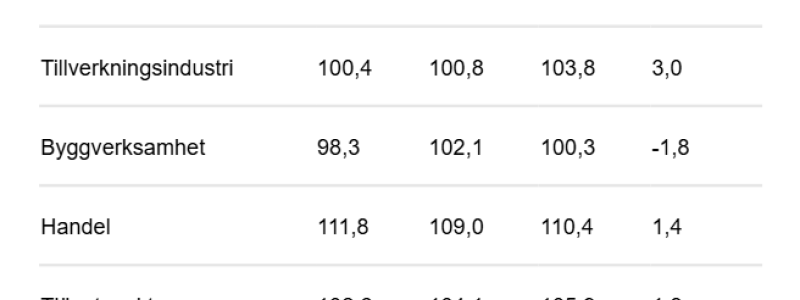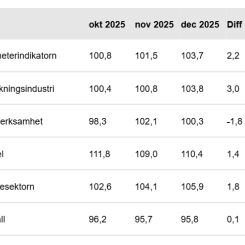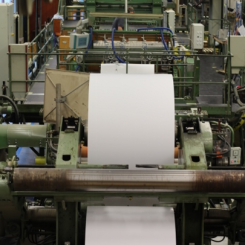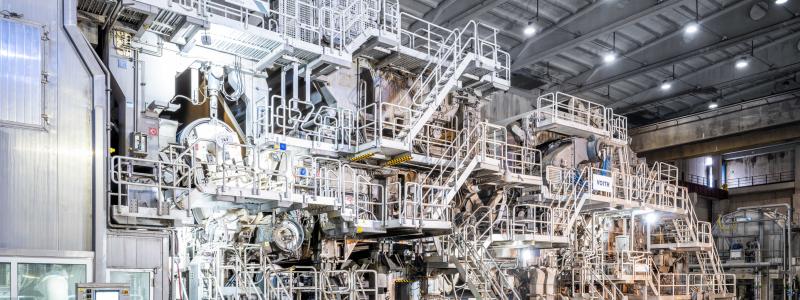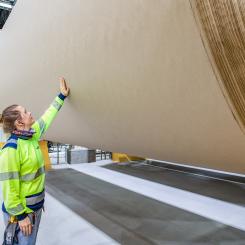Reducing the use of fossil fuels and emissions of carbon dioxide is a key challenge for manufacturing industries. Renewable energy is the way forward and the cartonboard industry is at the forefront by increasing its use of renewable fuel sources, while at the same time improving efficiency and investing in environmentally friendly technologies.
Over 50% of the energy used in the European pulp and paper industry comes from wood by-products which are used to generate electricity and steam for the manufacturing process. The industry is the largest producer and consumer of biomass-based energy (25% of the EU total) thus avoiding the use of non-renewable energy sources such as fossil-based oil or coal.
The cartonboard industry is contributing to this total through significant investments. A large scale producer of pulp and cartonboard has recently invested in a new recovery boiler¹ which will enable the mill to be self-sufficient in electricity, give greater energy efficiency and ensure a production process free from any fossil fuel use. In addition, new equipment for capturing and incinerating weak, sulphur-containing gases will further reduce the mill’s airborne emissions.
All Pro Carton members are working to improve their environmental performance. From 2005 to 2008, an overall improvement of 7% has been achieved, with reductions in all impact categories. The data clearly shows that less fossil fuels were used in the mills’ production and more biomass was used. This led to less consumption of fossil resources and a decrease in carbon dioxide, sulphur dioxide and nitrogen oxide emissions.


